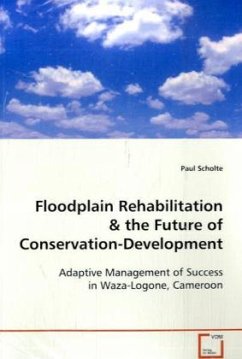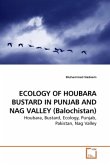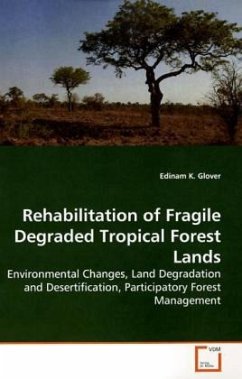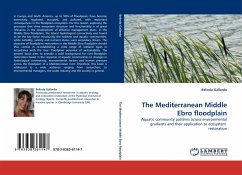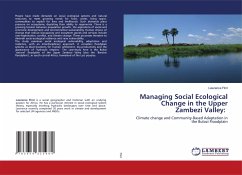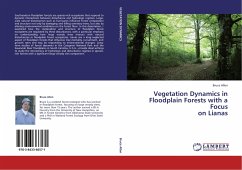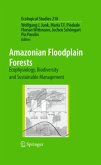Waza-Logone has been affected by the construction of
a dam, reducing the flooding in 1500 km2. Annual
grasses invaded productive perennial grasslands,
reducing the carrying capacity for livestock,
fisheries and wildlife. In 1994, after local
consultations, a watercourse was re-opened.
Perennial grasslands gradually recovered in 600 km2.
Numbers of waterbirds increased two-fold; colonies
of piscivorous birds were frequently destroyed, but
others benefited from local communities
protection. Antelopes showed an increase that has
not persisted because of competition with livestock
which densities increased three-fold. There is a
problem in the sharing of the reflooding benefits
between wildlife and people that rapidly respond to
new opportunities. A dialogue was institutionalised
between protected area authorities and local
a dam, reducing the flooding in 1500 km2. Annual
grasses invaded productive perennial grasslands,
reducing the carrying capacity for livestock,
fisheries and wildlife. In 1994, after local
consultations, a watercourse was re-opened.
Perennial grasslands gradually recovered in 600 km2.
Numbers of waterbirds increased two-fold; colonies
of piscivorous birds were frequently destroyed, but
others benefited from local communities
protection. Antelopes showed an increase that has
not persisted because of competition with livestock
which densities increased three-fold. There is a
problem in the sharing of the reflooding benefits
between wildlife and people that rapidly respond to
new opportunities. A dialogue was institutionalised
between protected area authorities and local

